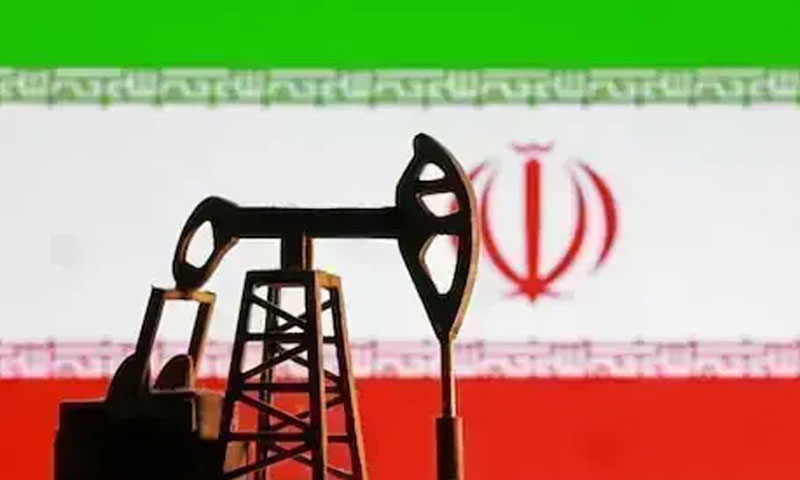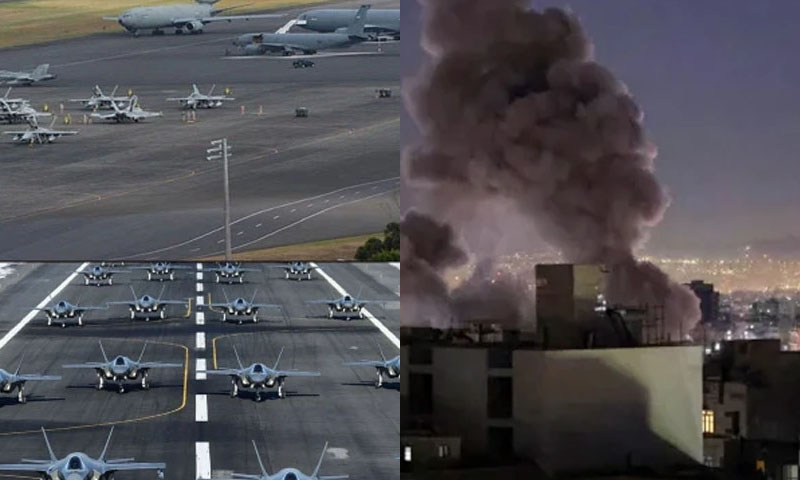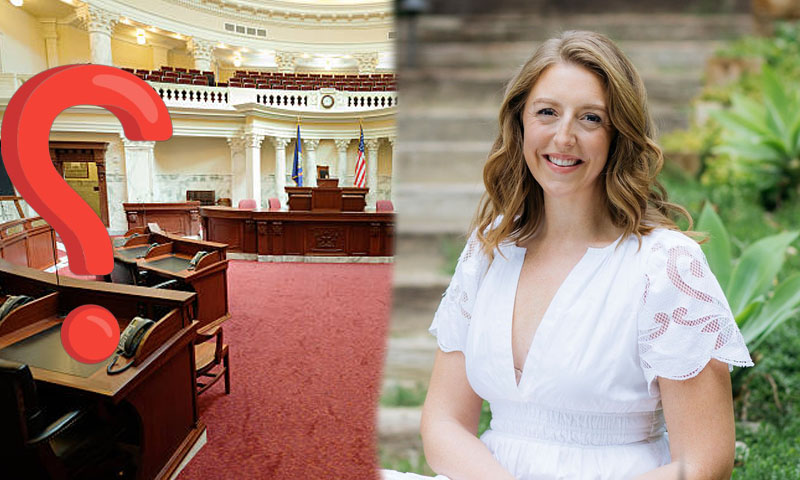- Web
- Mar 02, 2026
Israel stops aid entries into Gaza
-

- DW
- Mar 02, 2025

Israel will stop the entry of essential aid into the Gaza Strip starting Sunday, according to Prime Minister Benjamin Netanyahu’s office.
The move is in response to what Netanyahu’s office called “Hamas’ refusal” to accept an outline for the resumption of truce talks presented by US President Donald Trump’s envoy to the Middle East, Steve Witkoff.
The first phase of the Israel-Hamas ceasefire, which included a surge in humanitarian assistance, expired on Saturday.
In siding with Russia over Ukraine, Trump is not putting America first. He is hastening its decline
The two sides disagree about the next steps in the truce. Israel wants more hostages to be released under an extension of the first phase. But Hamas is pushing for the start of the second phase that would pave the way for a permanent end to the war.
Hamas said Israel was trying to disrupt the ceasefire and described the halt of aid to Gaza as a “war crime.”
Netanyahu’s office warned of “further consequences” if Hamas continues its refusal of what Israel says is a US proposal for the ceasefire extension.
ISRAEL AGREES TO CEASEFIRE EXTENSION, HAMAS PUSHES FOR PHASE TWO
Earlier on Sunday, Netanyahu’s office had announced it had agreed to extend the ceasefire, just hours after it expired. It was due to be extended for the Muslim holy month of Ramadan and the Jewish Passover.
Ramadan started this weekend and continues through March 30. The Jewish festival of Passover begins on the evening of April 12 and ends on the evening of April 20.
Trump orders new tariff probe into US lumber imports
Witkoff proposed extending the current ceasefire after realizing more time was needed for talks on a permanent ceasefire, according to the statement from Netanyahu’s office.
Hamas told the AFP news agency on Sunday that it insists on the implementation of a second ceasefire phase.
“The only way to achieve stability in the region and the return of the prisoners is to complete the implementation of the agreement… starting with the implementation of the second phase,” Hamas leader Mahmoud Mardawi said in a statement given to AFP.
Two Palestinian officials familiar with the negotiation told Reuters news agency Israel refused to enter the second phase of the ceasefire agreement or start talks about it. Hamas, however, rejected an extension of the first phase of the ceasefire and insisted on adhering to the agreement, which calls for negotiations on the second phase that would ultimately end fighting in Gaza and see the release of all hostages.
Under the terms of the January ceasefire deal, fighting should not resume while negotiations are underway on phase two. Israel’s new statement, however, says it can return to fighting “if it believes that the negotiations are ineffective.”
FIRST PHASE OF CEASEFIRE ENDED 15 MONTHS OF FIGHTING
The ceasefire agreement reached in January halted 15 months of fighting, allowing the exchange of 33 Israeli hostages and five Thais.
In exchange, around 2,000 Palestinian prisoners and detainees held in Israel were also released. The first phase was meant to lead to subsequent talks to build on the ceasefire deal.
Delhi: how weather patterns and faraway mountains made this the world’s most polluted megacity
Talks about a permanent ceasefire have been ongoing but have not led to an agreement. Netanyahu’s office said Israel would immediately conduct negotiations on Witkoff’s plan if Hamas agreed to it. Israel and several other countries designate Hamas a terrorist organization.
“According to the agreement, Israel can return to fighting after the 42nd day if it feels that the negotiations are ineffective,” Netanyahu’s office also said, accusing Hamas of violating the deal.
Both sides have been trading accusations of violating the deal.




